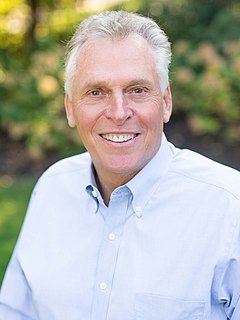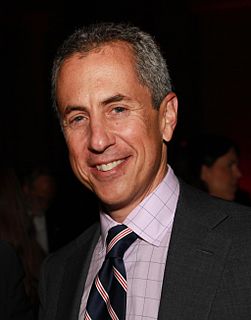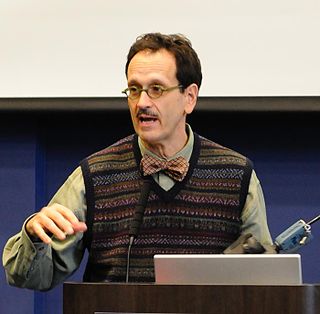A Quote by Terry McAuliffe
People can make any political calculation they want. I make decisions what I think is in the best interest.
Related Quotes
The part of capitalism that doesn't work for me is when capitalists make decisions in the way that Adam Smith suggested, which is that as long as you do everything in the interest of the investor, you're going to actually make the best decisions for all other stakeholders. I don't happen to agree with that.
Sometimes you have to say no to things that people don't want you to say no to in the interest of self-preservation. I definitely went through some times that I did more than I could handle, and I was trying to make decisions for the best of my career; the irony was that those decisions were a direct cause of my inability to produce, perform, create anything. If you are not emotionally and personally stable and intact and healthy, then the entire foundation of what you do this for - the things that you make - is gone.
Being able to just stick to our instincts and honor the [Hunger Games] books and find a way to stay the course of trying to make the best possible decisions that you would make creatively on any movie, without having your head turned too much by all of the interest, has been a great challenge. It's the best challenge you could ask for, but that was a big challenge.
I think normally people think that they're afraid to die but I actually think people are more afraid to live. People are more afraid to make the choices that they want because they're very hard decisions to make in order to be happy. I think a lot of people are really afraid of that. It's easy to be in a band because you have a lot of things to hide behind so that's really not always living...that doesn't always constitute as living life the way you want. But at times you have to make decisions that sometimes hurt others in order to live.
I think the Iraqis themselves will have to make a determination as to what type of government they ultimately come up with and what kind of nation they ultimately come up with. But they can continually use America's troops presence. The problem is not going to change until they are confronted with the reality that they have to make decisions and they have to make them themselves. They have to decide whether they want a country, whether they're willing to put their lives on the line and sacrifice for a national interest as opposed to a regional or sectarian interest.
The people who've done well within the [Hollywood] system are the people whose instincts, whose desires [are in natural alignement with those of the producers] - who want to make the kind of movies that producers want to produce. People who don't succeed - people who've had long, bad times; like [Jean] Renoir, for example, who I think was the best director, ever - are the people who didn't want to make the kind of pictures that producers want to make. Producers didn't want to make a Renoir picture, even if it was a success.
Normally I do all my own post work. It's not that I do it better than anyone else, I just do it my way. I make decisions. People who print at labs are probably far better printers, but they won't make my decisions mid-process. I don't want to be out of the loop. I want to be a photographer and do all of it.

































